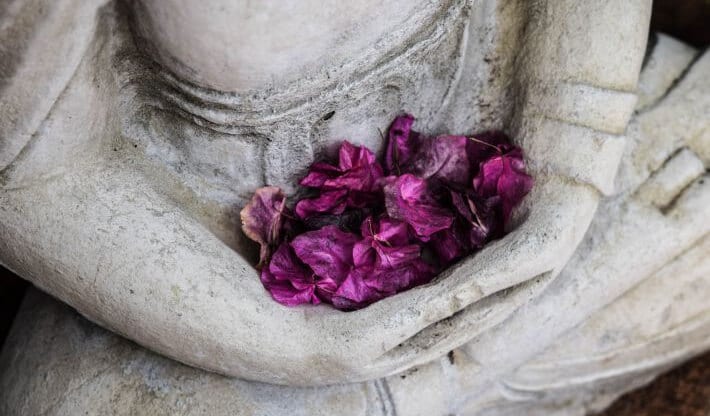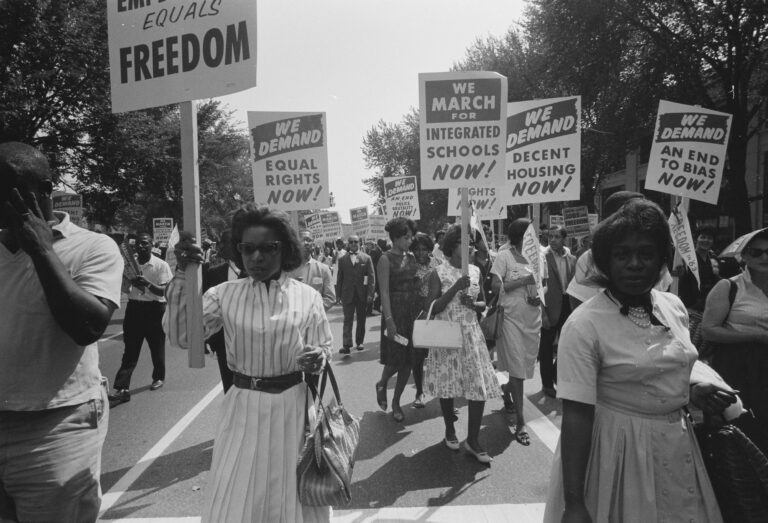Dearest new activists:
I love you and I see you. Welcome! We need you, and you do not need to have everything figured out. One step and then another. Please find that seed of outrage and grief and nourish it – this is your need for justice, your love of community, democracy, science, it is your heart yearning for equality and liberation for all, etc., and these seeds are so precious. It is important to let them get nourished with water and sunlight (compassion for self, measured reaction time, breaks, and most of all—willingness to grow).
As someone who has been engaging in community organizing and direct action for over twenty years, I want to let y’all in on a few secrets of how we keep it up. These are fiercely held secrets shared across movements, so listen closely: we have potlucks, music nights, shared story circles, art projects, long walks, sharing circles, and cultural work in all its glory. ❤
There is room for everyone in this time of great unraveling.
We also figure out what our passions are and focus more there. Some of us love spreadsheets and logistics, others love being on the front lines stopping destruction with our bodies, others love writing, others love speaking to the press, while others thrive cooking for large groups and chopping firewood. Some of us enjoy legislative action, others direct action, others building alternative structures and schools, others helping our hearts and minds shift…and we need it all. There is no superior way to engage in change. We waste precious time fighting over which strategy is the most important, or engaging in something we think we should be doing instead of the thing our heart yearns for. The key is to stay connected and work together.
New organizers—make sure there is time for music and getting to know one another at the postcard parties and phone banks. Creating friendship and building trust is what keeps us going. Soon doing resistance work and spending time with your favorite people will be the same thing! Imagine that!
Being a part of active resistance means so many things, including being more vigilant than ever about making time for art, exercise, healthy eating, taking on only so much, finding more friends to share the load, and taking care of your body—this in itself is a revolutionary act.
There is no superior way to engage in change.
Re-remember or learn to meditate, to pray, to make time EVERY DAY for spiritual practice. This can mean anything appropriate for you, but I mean engaging in some form of practice centered on that which is greater than yourself and transcends the mundane, (or sacralizes the mundane). This is another secret to renew yourself every day. Find your passion, explore your intention, engage in action, and acknowledge that the results might outlive all of us. Spiritual practice can help you find that bigness and help you find the courage that is needed for the long haul.
There is room for everyone in this time of great unraveling. Together we can turn the tide into a truly diverse, intersectional great turning. Thank you. I look forward to working with you, and watching this resistance grow and thrive.
Love,
Sarah








